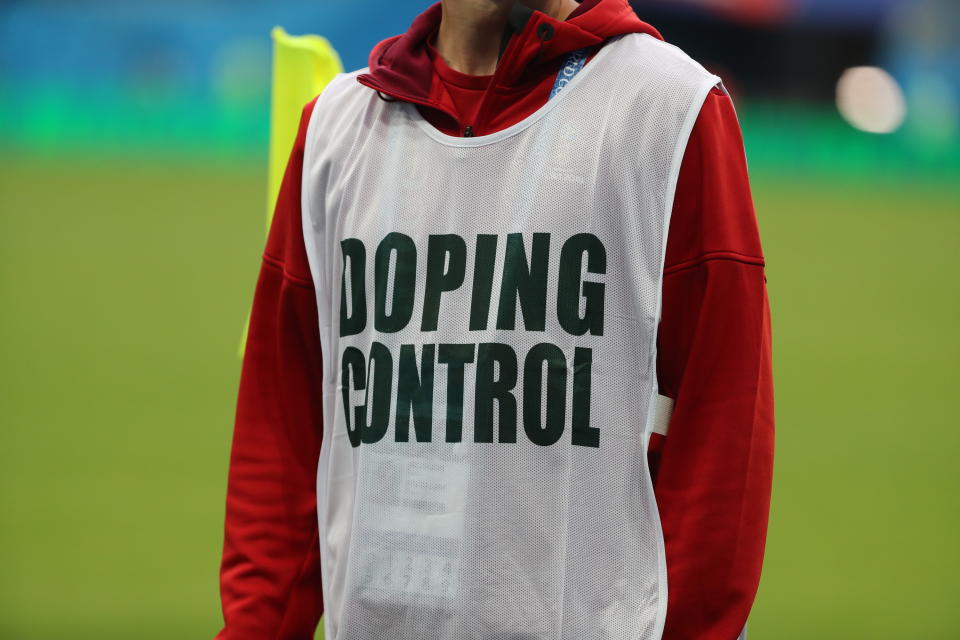WADA recommends four-year hosting ban for 'non-compliant' Russia

Russia could lose out on hosting Euro 2020 games and their place in the Tokyo Olympics after the World Anti-Doping Agency (WADA) has declared the country non-compliant with drug regulations.
WADA has recommended that Russia are to be issued a four-year ban from hosting sporting events after a meeting with their compliance review committee (CRC) on December 9.
Russia’s anti-doping agency (RUSADA) underwent investigation after data from their Moscow laboratory showed inconsistencies. CRC have commented that there is “an extremely serious case of non-compliance with the requirement to provide an authentic copy of the Moscow data, with several aggravating features”.
READ MORE: Russia could face Tokyo 2020 ban following doping 'inconsistencies'
READ MORE: Para-athlete wins world silver at the age of 60

Former director of the Moscow laboratory, Grigory Rodchenkov was found to have switched contaminated samples from athletes with clean ones during the 2014 Winter Olympics.
The CRC has announced several other “strong proposed consequences”, including Russia’s ban from bidding to host the 2032 Olympic and Paralympic games. The committee has also said the Russian flag is not to be flown during any major sporting event whilst the four-year ban is active.
“It's great the CRC has recognised the egregious conduct of Russia toward clean athletes,” said US Anti-Doping Agency head Travis Tygart.
“Now let's all hope the WADA executive committee uses the same resolve to ensure clean athletes are not again sold down the river and actually supports this unfortunate but necessary outcome.”

If Russia receive a blanket ban, the four-year period would begin “on the date on which the decision that RUSADA is non-compliant becomes final”.
“We are plunging, for the next four years, into a new phase of Russia's doping crisis,” Yury Ganus told AFP. The Russian anti-doping chief went on to say that the country’s athletes have “become hostages” of the actions of their sports officials.
READ MORE: Dutch Olympic athlete jailed for drug trafficking
READ MORE: Nicola Adams: 'I had torn the pupil in my eye'
RUSADA was reinstated with a “compliant” status in 2018 after originally being banned by the International Association of Athletics Federations (IAAF) in 2015.
“We need to push through real changes,” says Ganus. “We need new sports leaders.”
Featured from our writers:
Yahoo Sport presents Tailgate:

